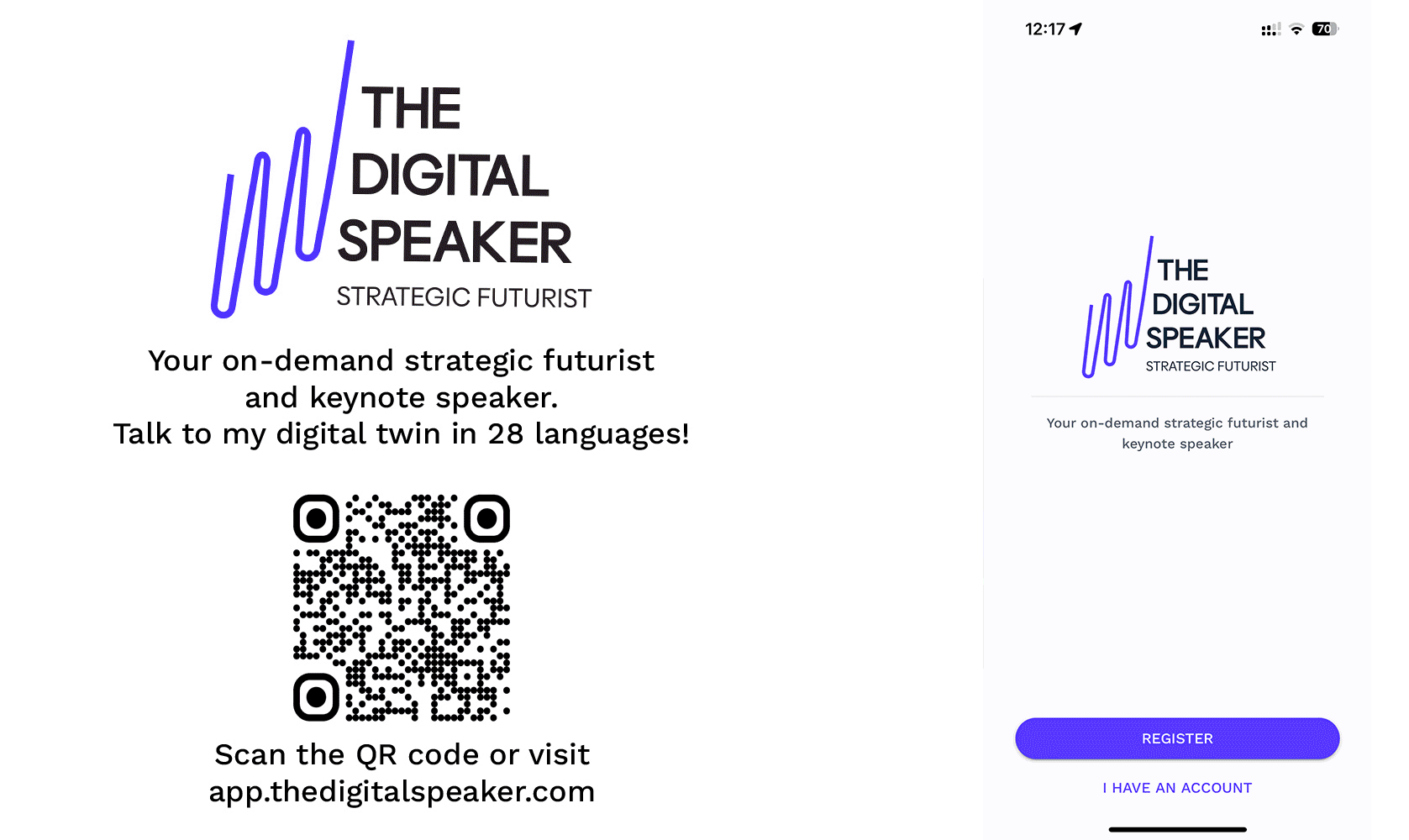This AI Model Can Predict Your Next Move

While we worry about robots taking over menial tasks, MIT's latest AI promises to predict our next moves, making chess masters and novices alike ponder: is our free will just an algorithm away from being decoded?
MIT's recent study unveils an AI model dubbed the Latent Inference Budget Model behaviour(L-IBM), capable of predicting human and machine actions with unprecedented accuracy by analyzing past behaviours and decision-making limitations.
Unlike previous models, L-IBM does not merely analyze past actions but focuses on the computational limitations and decision-making processes of the agents involved, whether they are humans or other AIs.
The L-IBM operates by assessing the 'inference budget'—a novel concept that quantifies the cognitive resources an agent allocates to make decisions. This approach allows L-IBM to predict actions based on how agents manage limited computational resources when faced with decisions. By understanding these limitations, L-IBM can anticipate future actions more accurately than models that only consider past behaviour.
The study, published by researchers from MIT and the University of Washington, highlights several key applications of L-IBM. One of the most compelling tests involved chess players, where the model predicted moves by analyzing the depth and quality of players’ planning processes. The inference budget effectively distinguished between different levels of players, correlating the complexity of their strategies with their skill levels.
Furthermore, L-IBM was tested in reference games involving language and communication. The model successfully inferred participants' pragmatic reasoning abilities from their utterances and choices, offering new insights into how humans use language in strategic contexts. This capability could revolutionize AI’s role in interactive applications where understanding human intentions and nuances is crucial.
Ethically, the ability of L-IBM to predict human decisions raises significant questions about privacy and autonomy. The AI's potential to preempt human actions could lead to scenarios where AI interventions preempt human error or enhance decision-making processes in real-time. However, this also poses risks related to over-reliance on technology, potential misuse of predictive data, and the erosion of personal decision-making autonomy.
As the technology evolves, the implications for fields ranging from education to strategic games, and even negotiations, are profound. AI tutors, for example, could leverage this technology to provide highly personalized learning experiences by predicting students' misunderstandings and tailoring the educational content accordingly.
MIT's L-IBM represents a significant advancement in the realm of predictive analytics within AI. By focusing on the inference processes and limitations of decision-makers, it opens new pathways for enhancing AI applications across various domains. However, this technology also necessitates careful consideration of ethical, privacy, and autonomy issues as its capabilities continue to develop.
Read the full article on Interesting Engineering.
----
💡 If you enjoyed this content, be sure to download my new app for a unique experience beyond your traditional newsletter.
This is one of many short posts I share daily on my app, and you can have real-time insights, recommendations and conversations with my digital twin via text, audio or video in 28 languages! Go to my PWA at app.thedigitalspeaker.com and sign up to take our connection to the next level! 🚀

If you are interested in hiring me as your futurist and innovation speaker, feel free to complete the below form.
Thanks for your inquiry
We have sent you a copy of your request and we will be in touch within 24 hours on business days.
If you do not receive an email from us by then, please check your spam mailbox and whitelist email addresses from @thedigitalspeaker.com.
In the meantime, feel free to learn more about The Digital Speaker here.
Or read The Digital Speaker's latest articles here.





